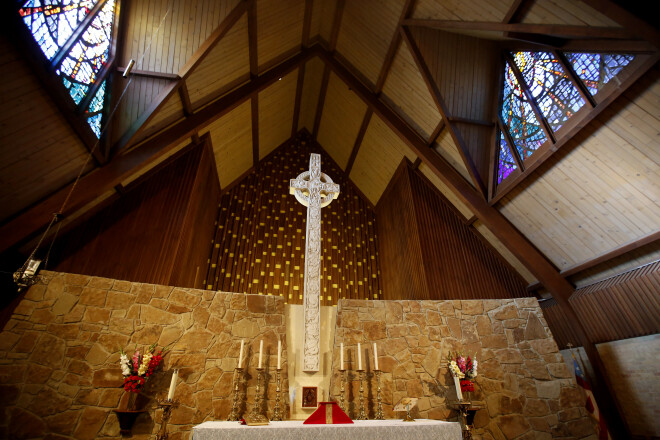On Heresies - Another Sidebar

A contemporary theologian named Christopher Morse, in his book Not Every Spirit, said that doctrines are just as likely to tell us what not to say as what to say. They are like guardrails keeping us on the road. At same time it is often, and fairly, said that each erroneous teaching has a element of truth in it, but has become exaggerated, or taken out of context, or has lost sight of a balancing truth.
We can list from the history of Christian doctrine the ways of thinking which need to be hedged out:
-
don’t suppose there are more than one God.
-
don’t imagine ‘father’, ‘son,’ and spirit’ are but masks in history of a God we can’t reliably know
-
don’t say Jesus is less than divine
-
don’t suppose that the ultimate God is the Spirit of the new age
-
don’t suppose Jesus is God hiding in a human ‘cloak,’ or a human promoted to supernatural status, or some strange mix of the two.
If we may return to our starting point several entries ago, Jesus as found in the Scriptures lived our life, forgives our sins, deserves our worship, and will sit on the throne on the last day. Creeds teach how to think of Him, and so of God and ourselves, in a consistent way.


